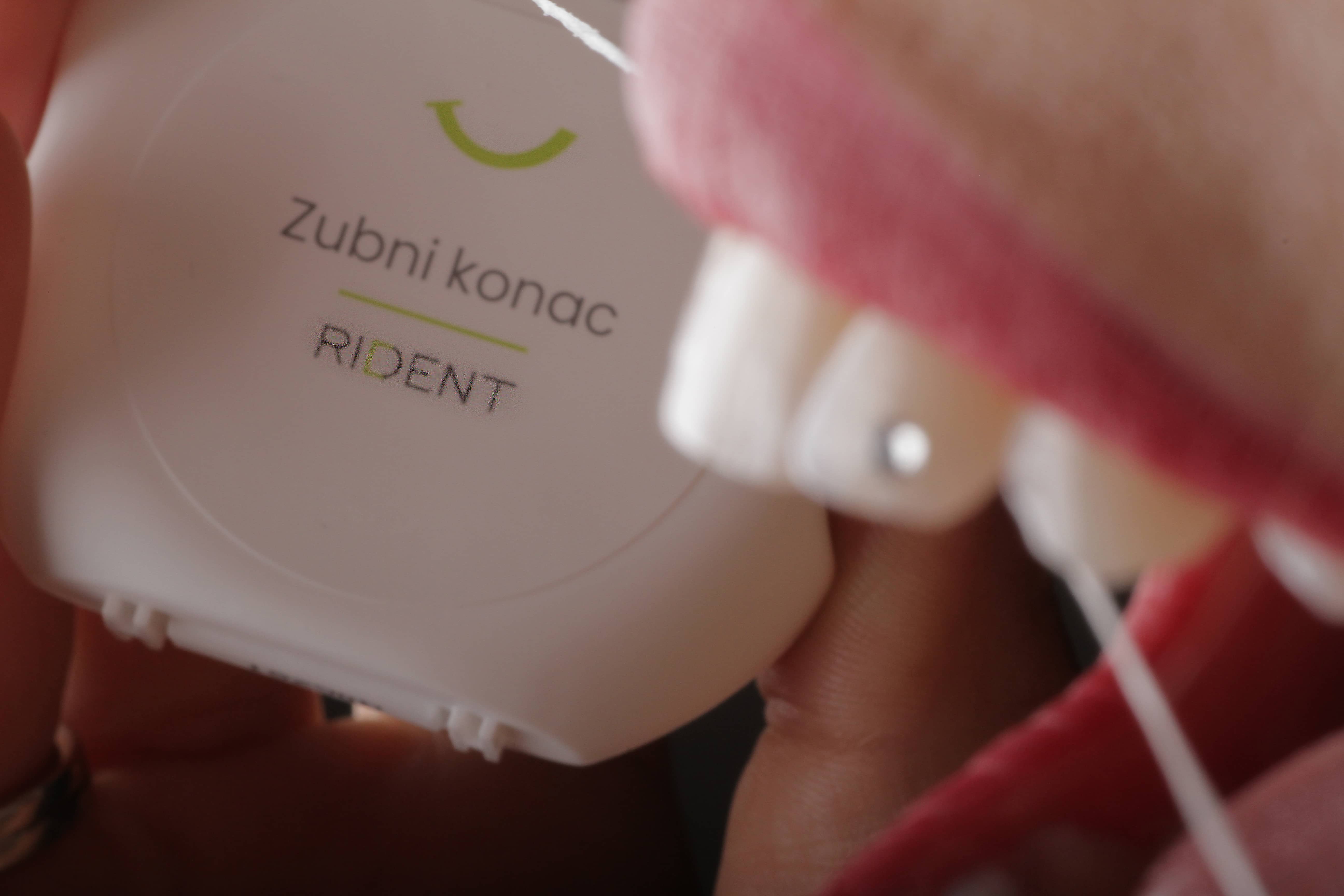02.09.2024
Good oral hygiene, a healthy diet and regular examinations by a doctor of dental medicine are important for both the pregnant woman and the child. It is important to pay attention to oral hygiene during pregnancy. Brushing your teeth twice a day and cleaning the interdental space with interdental brushes should be part of your daily routine. You can also use mouthwash. During pregnancy, the risk of caries, gingivitis, periodontitis, epulis, dental erosion, odontogenic disease, ptyalism and increased tooth mobility increases.

During pregnancy, hormonal changes in a woman’s body can affect the health of teeth and oral cavity. Higher levels of estrogen and progesterone can increase the sensitivity of the gums to plaque-forming bacteria. This can lead to inflammation of the gums known as gingivitis (bleeding gums, swelling and pain). A reduced amount of saliva in the mouth can increase the risk of tooth decay. Hormonal changes can also reduce the effectiveness of the immune system, increasing the risk of canker sores and developing bacterial infections in the mouth. Therefore, drink enough fluids (water) or try rinsing your mouth with alternative products that contain xylitol. In the case of severe morning sickness, including vomiting, the acidic content of the stomach can damage the teeth. Then it is recommended to wait about half an hour after vomiting, before brushing your teeth, so as not to further damage the tooth enamel. Instead, you can rinse your mouth with water or use an alcohol-free mouthwash. Eating sweet, salty and sour foods can have consequences for the health of the teeth and oral cavity. Eating too many sweets and salty snacks can increase the risk of developing cavities and other dental problems. Acidic foods and drinks such as citrus fruits, tomatoes, sauerkraut and lemonade erode tooth enamel, which can lead to tooth sensitivity and reduced tooth strength. Therefore, it is important to follow a proper diet that contains sufficient amounts of nutrients such as calcium, vitamin D and phosphorus, which are essential for healthy teeth and bones.
The doctor of dental medicine plays an important role in maintaining the oral health of pregnant women and providing information about the most common changes that occur in the oral cavity during pregnancy. The consequences of not treating an infection in the oral cavity during pregnancy exceed the possible risks of using drugs, therefore unnecessary postponement of dental procedures and treatment during pregnancy is not justified. Therapy of painful and inflammatory conditions in order to relieve pain and control infection is carried out regardless of the stage of pregnancy, and elective procedures should be planned for the period from the 14th to the 34th week of pregnancy, when they are the safest for the mother and the child, and more complex prosthetic and aesthetic procedures are necessary is to postpone until after childbirth. Radiological diagnostics should be limited only to urgent dental conditions and if such examination is really necessary. During dental procedures, pain should be reduced to a minimum in order to avoid the harmful effects of pain on the vegetative nervous system.

Poor dental health during pregnancy is associated with preeclampsia, premature birth, low birth weight, and babies at increased risk of tooth decay. Although too often overlooked, oral health care is an important part of prenatal care.